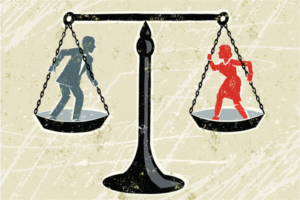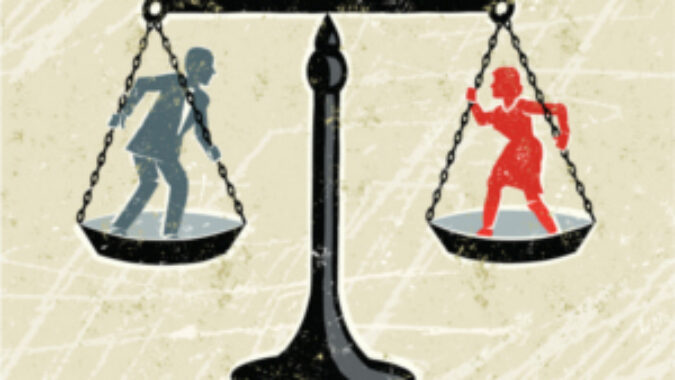 New Jersey’s revisions to its equal pay laws will take effect July 1, and big changes are coming.
New Jersey’s revisions to its equal pay laws will take effect July 1, and big changes are coming.
Regarded by some to be the toughest in the nation, the law amends the state’s anti-discrimination law to include paying someone in a protected class less than others for the same work. Among other things, it requires employers to justify pay differences and increases penalties.
NJBIA recommends that employers pay more attention to how they compensate their employees. To help, NJBIA developed a Fast Facts compliance brief that suggests several best practices to consider:
- Review any merit-based compensation systems and performance review forms, ratings, and procedures;
- Determine if uniform pay scales are appropriate for the business;
- Where two employees have the same title, compare compensation to actual job descriptions to determine discrepancies and if they can be justified;
- Begin documenting how compensation decisions are made in terms of bonuses and salary increases; and,
- Review employee handbooks and other policies to ensure anti-discrimination text is current and to make it clear that employees who discuss compensation and benefits will not be retaliated against.
Join Us July 11 for the Second “Hard Decisions, Hot Topics and Your Legal Questions” Seminar
As attorney M. Trevor Lyons explained at NJBIA’s “Hard Decisions” seminar, the new law creates strong incentives for employees to bring lawsuits.
Under the old law, employers who were successfully sued for wage discrimination would have had to pay only two years’ worth of the salary differential to the employee, plus whatever other penalties the court orders. Under the new law, that look-back period is six years, and the court could triple that penalty.
So if an employer was found to have impermissibly underpaid an employee $10,000 per year under the old law, they would have had to repay the employee $20,000 ($10,000 a year for two years). Under the new law, the penalty becomes $10,000 per year for six years ($60,000), and that award is then trebled, so the employer would have to pay $180,000.
“You are [now] likely to face cases that you cannot win unless you go to trial, and no one wants to go to trial if they don’t have to,” said Lyons, a partner at Walsh Pizzi O’Reilly Falanga LLP.
Equal pay resources for NJBIA members:

